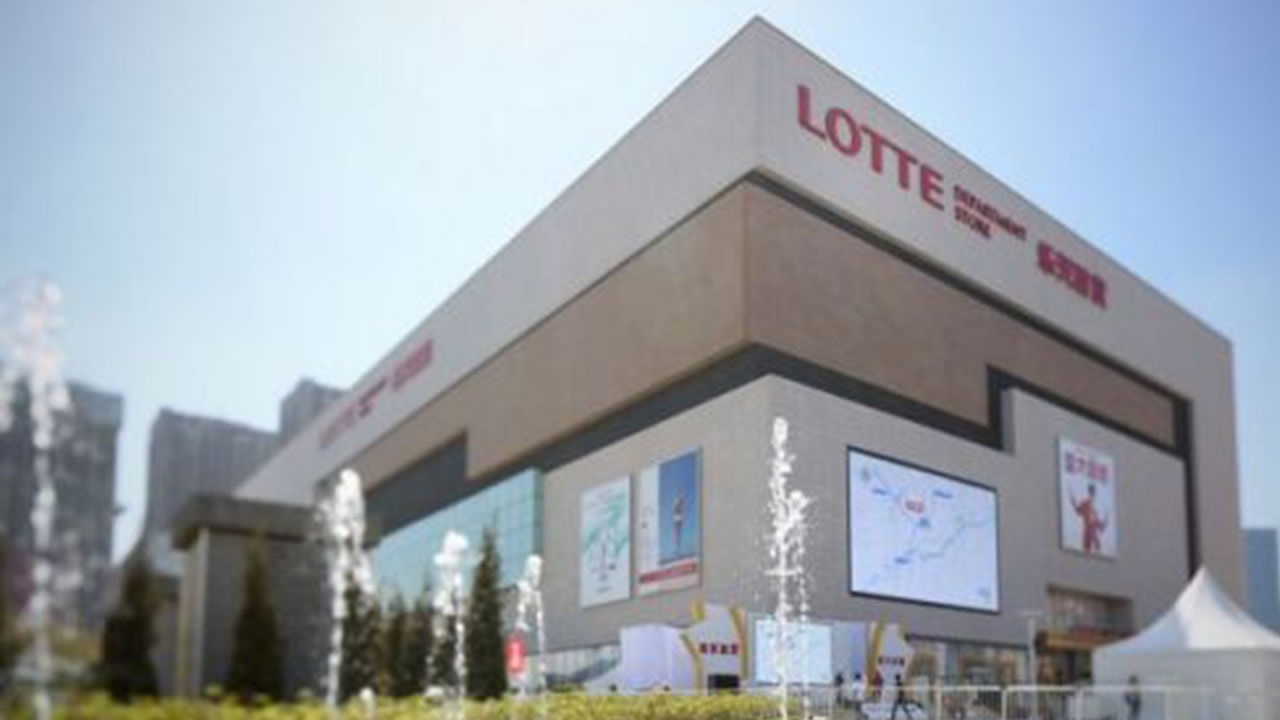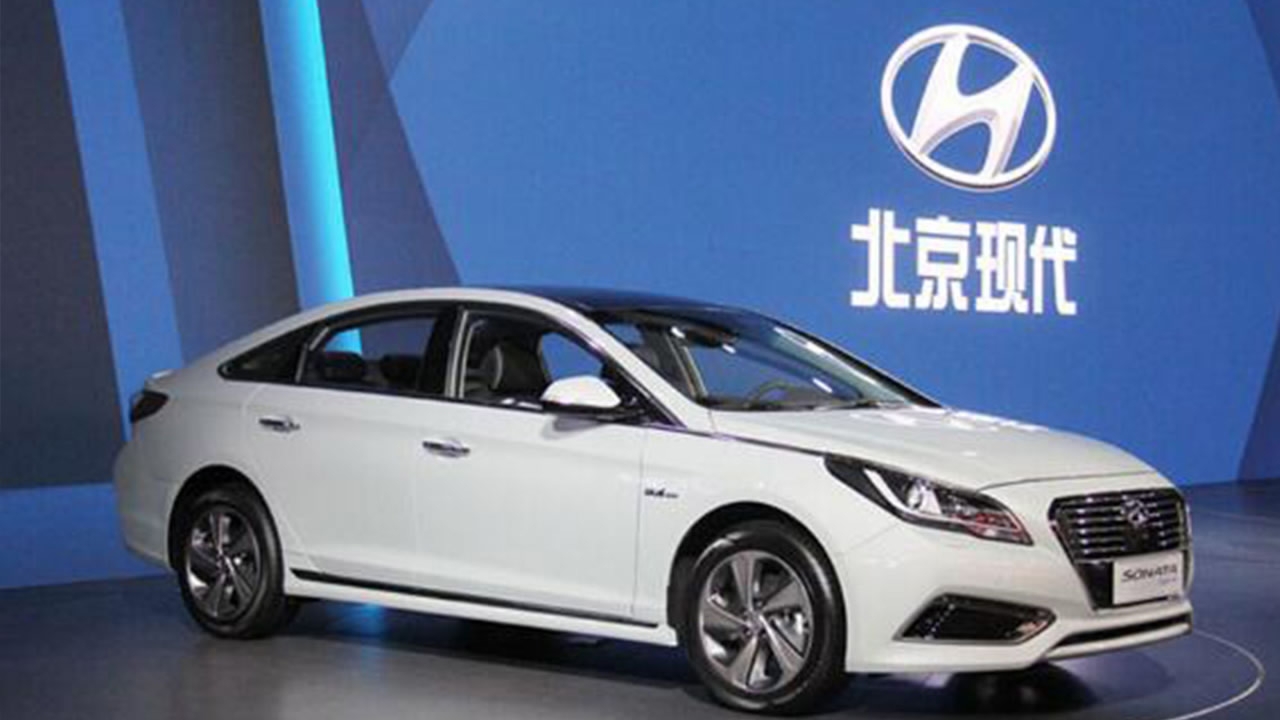
Business
22:57, 27-Jul-2017
South Korea‘s companies feel chill over THAAD deployment

Influenced by South Korea's current plan to deploy Terminal High Altitude Area Defense (THAAD) system, South Korea's trade and tourism industries in recent months have been witnessing downturns too bitter to taste for many companies and businesses here.
According to the survey conducted on 597 firms in tourism and retail markets by Korea International Trade Association, 56.2 percent of the respondents said their businesses has been negatively affected by China's reaction to THAAD deployment, with 32.9 percent responding that they would feel the influence in the next three months.
South Korea's largest duty-free store Lotte saw its sales drop by 25 percent during March 18 and 19 compared to the same period last year. It once had maintained a hefty growth of 20 percent this year on an annual basis.

Beijing's industrial suburb of Shunyi to Hyundai./Xinhua Photo
Beijing's industrial suburb of Shunyi to Hyundai./Xinhua Photo
Hyundai, which says its Chinese affiliates and suppliers alone create a total of 90,000 jobs, has responded to falling sales by cutting production.
In Beijing's industrial suburb of Shunyi, where Hyundai has its biggest overseas manufacturing base, its suppliers, workers and local retailers who depend on them are feeling the pinch.
"We haven't worked weekends since a month ago and don't know when it will get back to normal," said a supplier of hub caps to Hyundai.
"We can do nothing but wait while losing money."
(Source: Xinhua/Reuters)

SITEMAP
Copyright © 2018 CGTN. Beijing ICP prepared NO.16065310-3
Copyright © 2018 CGTN. Beijing ICP prepared NO.16065310-3